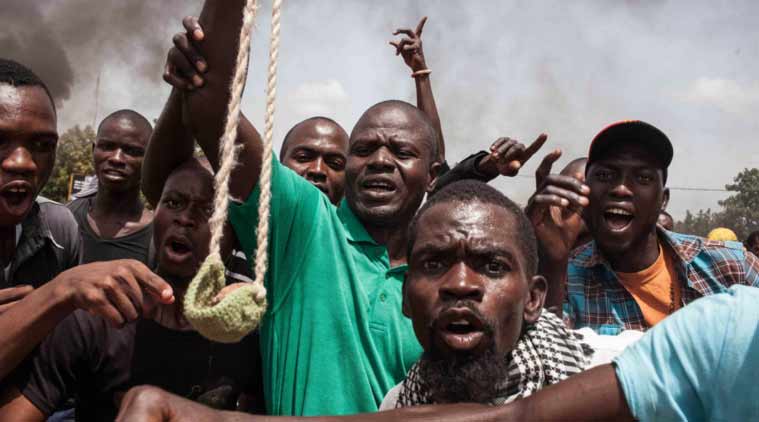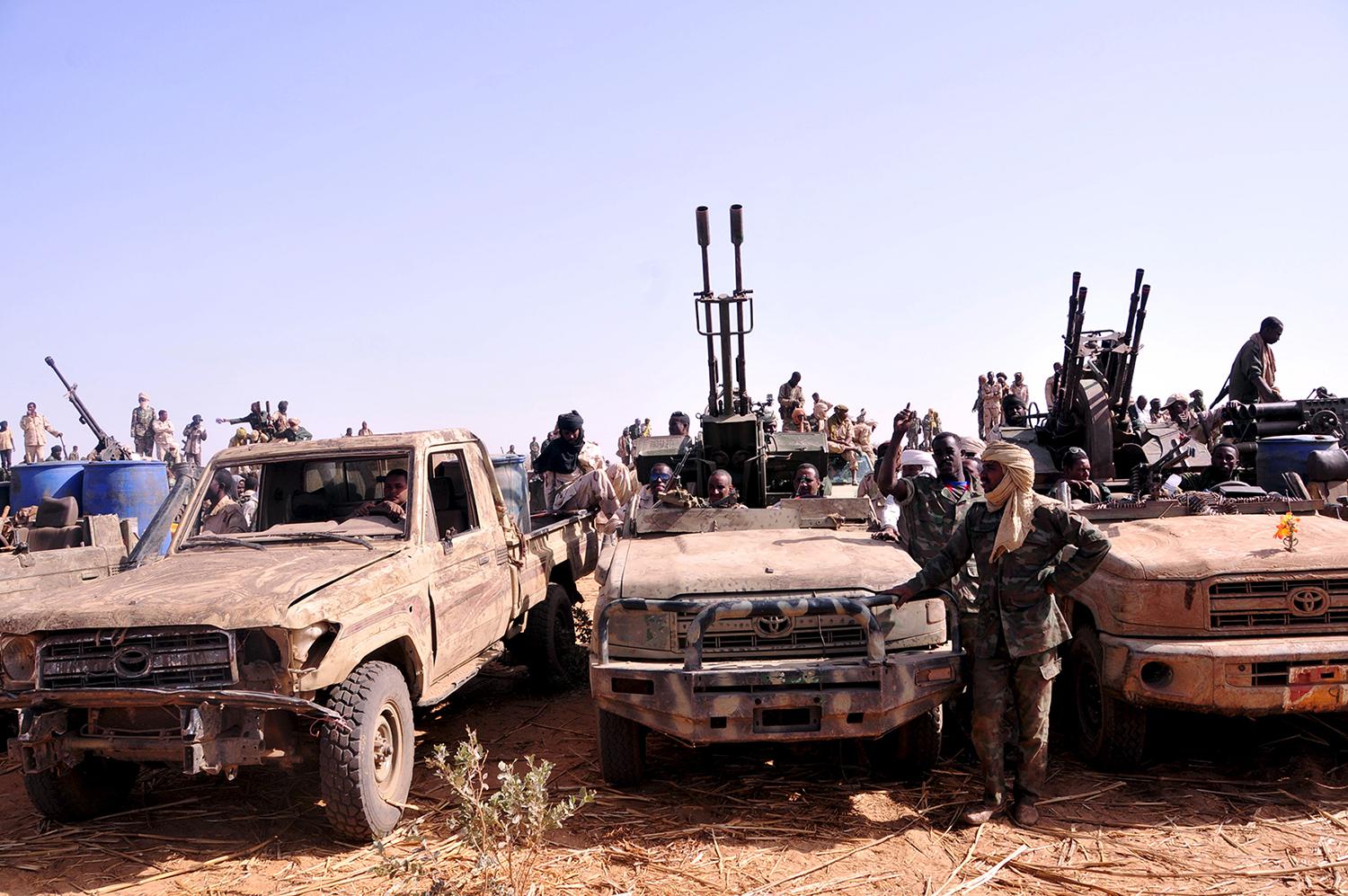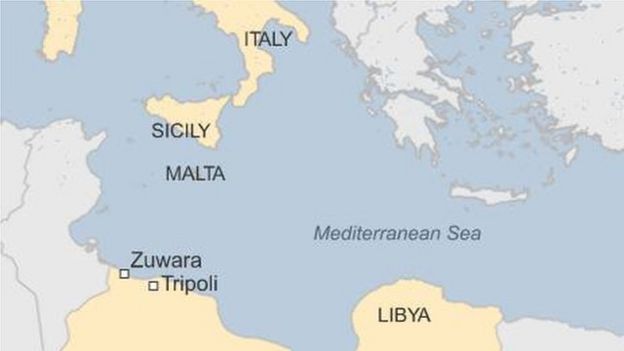By Tyler Campbell
Impunity Watch Reporter, Africa
CAIRO, Egypt – Today Egyptian President, Abdel Fatah al-Sisi officially pardoned two of the three Al Jazeeran journalists who were jailed earlier this year, Mohamed Fahmy and Baher Mohamed. These three journalists were jailed on charges of airing false news against the state. They were heavily, and possibly illegitimately prosecuted, because of their alleged connection to the Muslim Brotherhood, an outlawed political group in Egypt. If the third journalist, Peter Greste, was pardoned is unclear at this time.

This whole situation started two years ago when the trio was sentenced to three years in jail for aiding a terrorist organization, the Muslim Brotherhood. This sentence was later overturned and a new sentence was handed down by Egypt’s high court. These sentences were met with loud international outcry from governments and human rights groups. Egypt, which had committed itself to democracy and free speech, seemed to be going back on its promise.
This criticism did seem to have had some impact on president Abdel Fatah al-Sisi’s decision. The decision to pardon these two journalists along with a 100 other prisoners coming days before a U.N. General Assembly meeting is likely more than a coincidence.
Most of these prisoners were arrested because they violated a questionable Egyptian law that had outlawed unsanctioned demonstrations. This type of law is a serious check on any real claim to free speech Egypt could make. The consequence of this law and its strict enforcement had all but ended demonstrations in Cairo against new government leadership.
It was a day of joy for the two men but not all is forgiven against Egypt. Greste, the unpardoned journalist living in Australia called it “absolutely extraordinary news,” but called for the undoing of injustice done to him and other prisoners by Egypt.
Al Jazeere, the employer of the two journalists, also had some pointed words about the occasion. Mostefa Souag, the network’s general director said, “It is hard to celebrate though, as this whole episode should not have happened in the first place. They’ve lost nearly two years of their lives when they were guilty of nothing except journalism.”
Such criticism is fair, especially if you believe that the move by president Sisi was motivated by politics and not by intent to change Egypt’s political climate. This action so close to a U.N. General Assembly meeting could simply be a political bargaining chip. It could also signal some real change finally coming from Egyptian leadership.
The release of these 100 prisoners should be seen as a step in the right direction. However, much still remains to be done. There are still many more who have been jailed for voicing criticism or backing the wrong political party. The 2013 law that outlawed unsanctioned demonstrations is also still in play. If Egypt really wanted to shows its commitment to change, releasing more political prisoners and repealing this law would be a smart place to start.
For more information, please see:
Al Jazeera – Al Jazeera journalists freed from Egypt prison – 23 September 2015
The Guardian – Egypt pardons and releases jailed Al-Jazeera journalists – 23 September 2015



